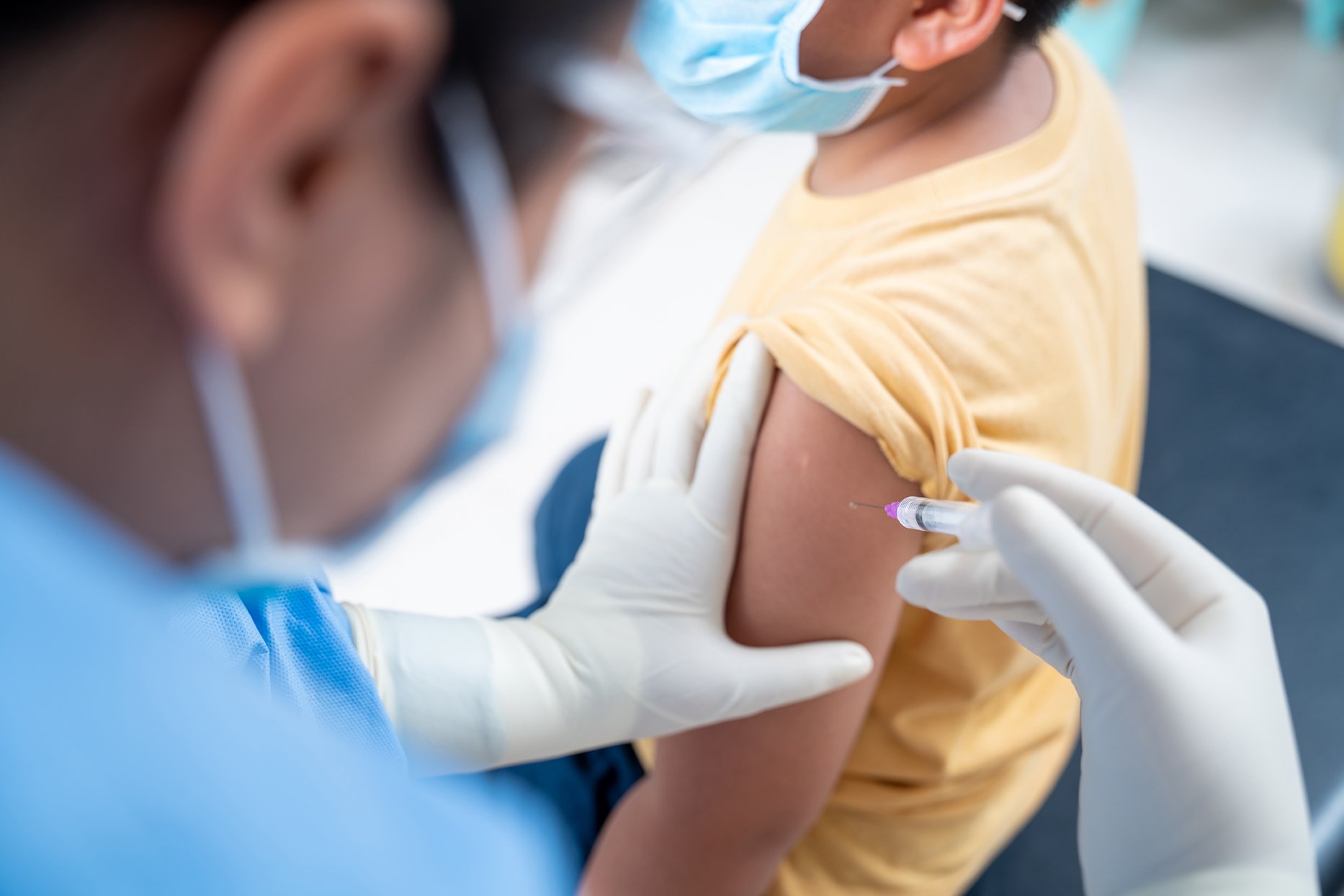Back-to-School Health Tips
By Dr. Rena Daiza
As the school bells ring and the backpacks are packed, it’s time to ensure our kiddos are ready for the new school year. From vaccinations to routines, let’s dive into some essential health tips to keep our children safe, healthy, and thriving in the 2024-2025 school year.
Vaccinations: The First Line of Defense
Vaccines are critical for protecting our children and the community from preventable diseases. In Michigan, students must have age-appropriate vaccinations to attend childcare or school. This isn’t just a suggestion—it’s a requirement aimed at keeping everyone safe in group settings.
To meet Michigan’s school immunization requirements, here’s a quick rundown of the necessary vaccinations:
• Diphtheria, Tetanus, Pertussis (DTP, DTaP, Tdap) 4 doses, with one dose given after 4 years of age.1 dose of Tdap at 11 years or older upon entry into 7th grade.
• Polio 4 doses, or 3 doses if the 3rd dose is given after 4 years of age.
• Measles, Mumps, Rubella (MMR) 2 doses after 12 months of age.
• Hepatitis B 3 doses.
• Meningococcal Conjugate (MenACWY) 1 dose at 11 years or older upon entry into 7th grade.
• Varicella (Chickenpox) 2 doses after 12 months of age, or proof of immunity or past disease.
For detailed schedules and more information, follow the CDC’s recommended vaccination schedule available at CDC.gov/Vaccines.
With flu season and COVID-19 still a concern, talk to your doctor about getting your child vaccinated against both. The flu vaccine can help prevent influenza, which can be particularly disruptive during the school year. Similarly, staying updated with COVID-19 vaccines can protect your child and those around them.
These vaccines add extra layers of protection, reducing the chances of your child falling ill and missing school. Discuss with your healthcare provider the best timing for these vaccines and any other questions you might have.
Annual Physicals: A Health Check-Up
A yearly physical exam is crucial to ensure your child is growing and developing properly. Schedule these check-ups in advance to address any health concerns before school starts.
Routine vision and hearing tests are essential from infancy through high school. Watch for signs of vision or hearing loss, such as squinting or frequent ear infections, and consult your child’s doctor if you notice any changes.
Healthy eating habits are the cornerstone of good health and academic success. Encourage your kids to eat plenty of fruits and vegetables, choose 100% whole grain products for bread and pasta, and opt for water over juice or soda.
Additionally, a nutritious breakfast packed with protein and complex carbohydrates can make a significant difference in their attention span and performance at school.
Routines: The Key to Consistency
Establishing consistent routines helps children stay alert and productive. Create a schedule that includes after-school activities, homework time, screen time, dinner, and bedtime. This structured approach can reduce bedtime struggles and ensure they get adequate rest.
Kids need 8-10 hours of sleep each night to function optimally. Adequate sleep supports cognitive function, learning, and emotional well-being. Set a regular sleep schedule and stick to it, even on weekends, to help your child maintain their energy levels and focus.
Teach your kids simple hygiene practices to prevent the spread of germs, including proper hand washing. Encourage them to wash for at least 20 seconds, singing the alphabet or the “Happy Birthday” song. Give them the option to use hand sanitizers when soap and water are unavailable and teach them to cough or sneeze into the crook of their elbow or sleeve.
If your child has allergies, ensure their teachers and school staff are aware. This is vital for managing symptoms and preventing discomfort that can affect their school performance.
Physical activity is essential for a child’s health. Encourage your kids to stay active with sports, family walks, or bike rides. Being physically active helps improve focus, behavior, and overall well-being.
Ensure your kids stay hydrated by drinking plenty of water. Avoid sugary drinks like soda and energy drinks, which can have negative health effects. Proper hydration aids digestion, improves mood, and enhances brain function.
Positive Outlook: Encouraging Attitude
Help your child develop a positive attitude towards school. Highlight the friendships and interests they have at school and engage in open conversations about their concerns. Reassure them that their safety and well-being are top priorities.
By following these tips, you’ll help your child have a healthy, productive, and enjoyable school year. Here’s to a fantastic 2024-2025 academic year filled with learning and growth!

